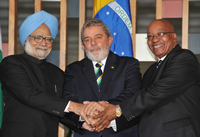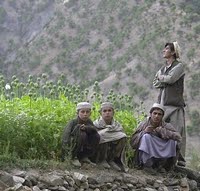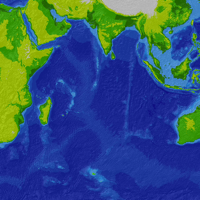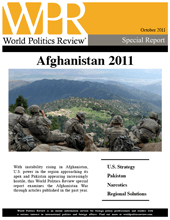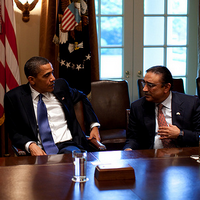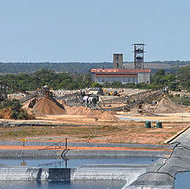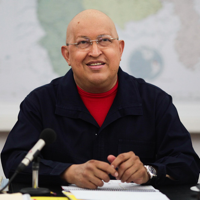
One of the subjects dominating discussions of Latin American politics this year has been the June 30 revelation that Venezuelan President Hugo Chávez is being treated for cancer. Very little is known about his illness, other than the not-so-encouraging news that he has received four, possibly five, chemotherapy treatments, most them in an undisclosed location in Cuba. A bombshell accompanied by such secrecy has raised speculation about the future of Venezuelan politics. It seems that all scenarios, ranging from Chávez’s death to his full recovery, are possible, which makes the presidential election scheduled for October 2012 one of the most […]


